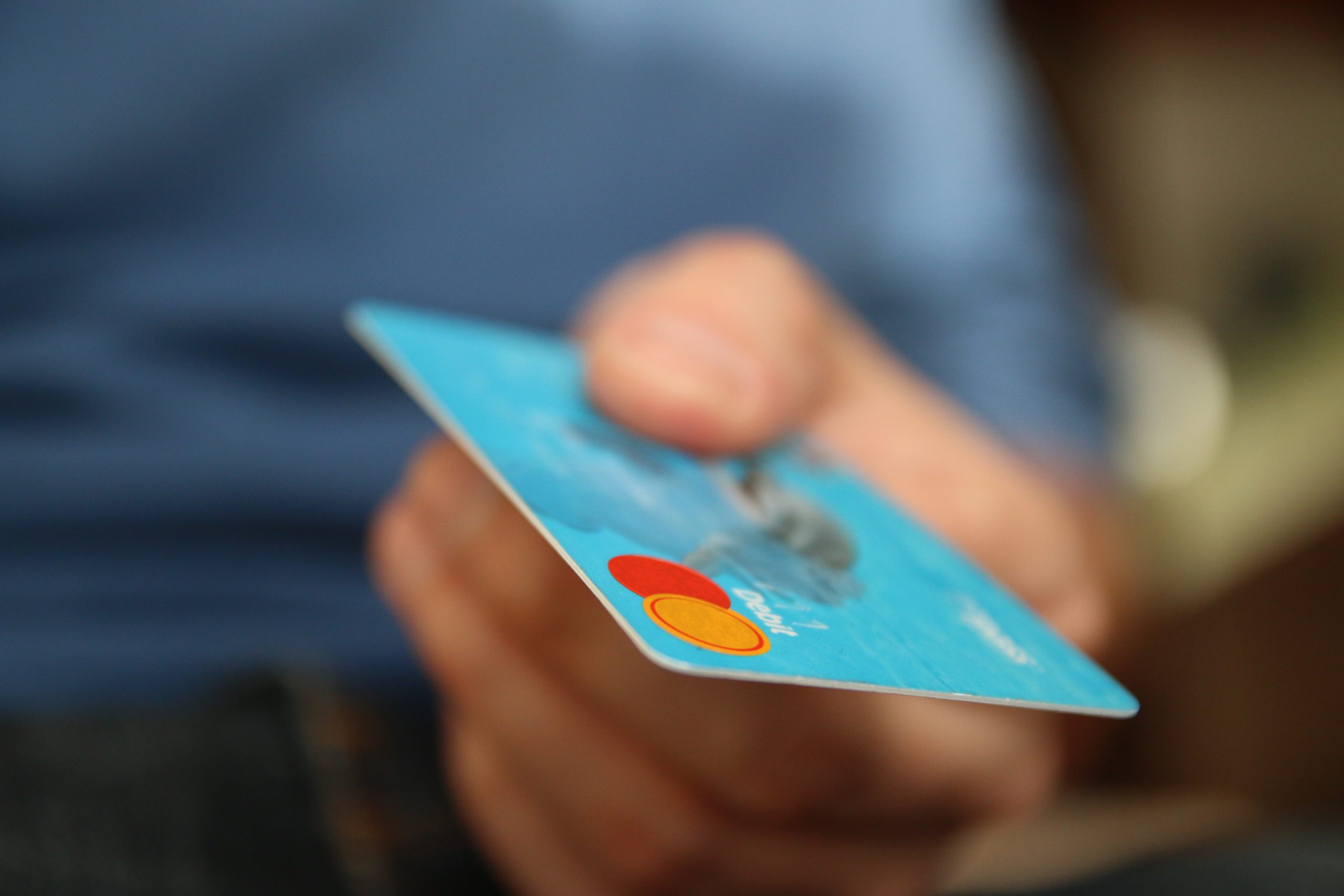 Photo cred: Michal Jarmoluk
Photo cred: Michal Jarmoluk
Millions of Americans carry some amount of debt, whether it’s the result of student loans, medical bills, or credit card payments. Despite the fact that so many people have debt, it can be easy to forget about when it comes to dividing property during a divorce.
In addition to the division of assets, you will also need to address liabilities–both marital and personal–in your Minnesota divorce. Below are a few key things to remember about how debt will affect your divorce.
You must categorize the debt
Debt can be personal or marital, and you must categorize all your debts as one or the other. It is not always as easy as it sounds. Some debts might be obviously personal or obviously marital, but others are more convoluted. For example, if it is your name on the car loan, it is your debt, even if your ex-spouse maintains possession and control of the car itself.
Marital debts will be subject to distribution
The distribution of marital debt looks very similar to the distribution of marital property during a divorce; namely, it will be divided in a manner deemed fair and equitable. For instance, you might be responsible for more debt in exchange for keeping high-value property. Or, you might not have to worry about any debt payments if you are at a significant financial disadvantage after the divorce. It is a balancing game of making sure the liabilities are in line with the assets.
Problems can still arise after the debt is divided
You and your ex-spouse might spend years paying off credit cards, car payments, and other types of debt. Just because a court has assigned a specific debt to one spouse does not mean that other party is off the hook in the eyes of the creditor. Depending on the steps you take (or do not take) to divide and reassign the debt, you could still be penalized for an ex-spouse’s delinquent payments months or years down the line.
Because of the confusion regarding debt during and after a divorce, it is critical that you discuss your financial liabilities with your attorney sooner, rather than later. Doing so can shield you from considerable financial fallout and ensure you walk away with a fair divorce settlement.
